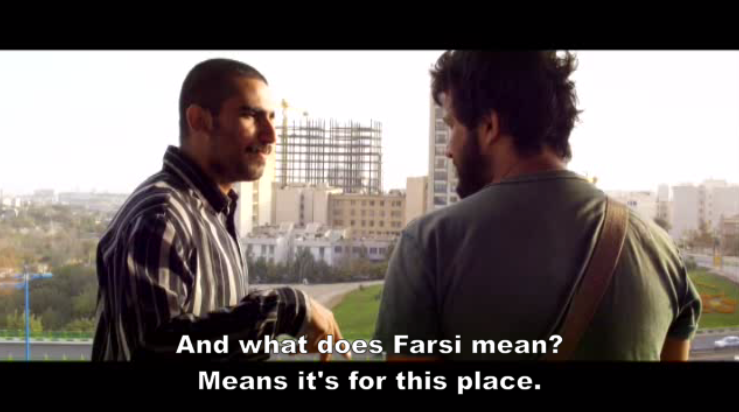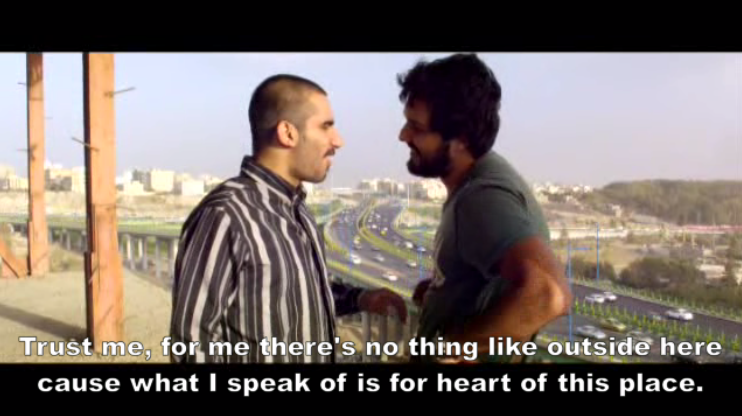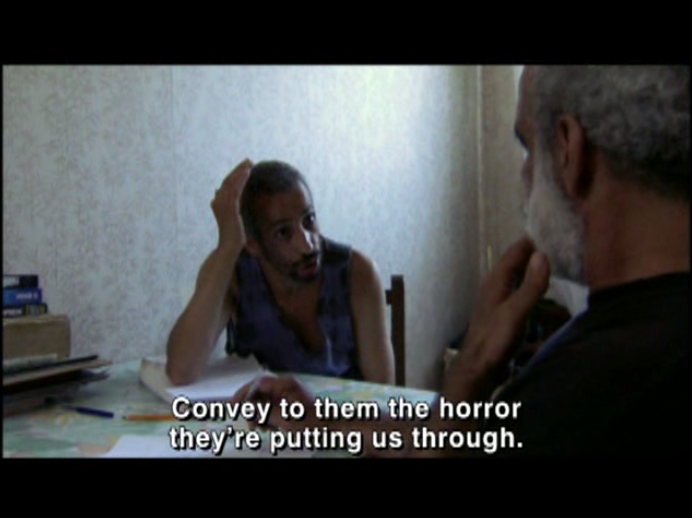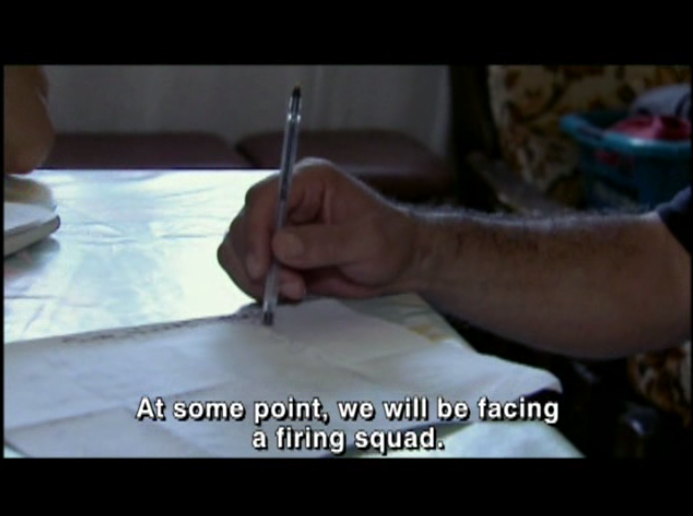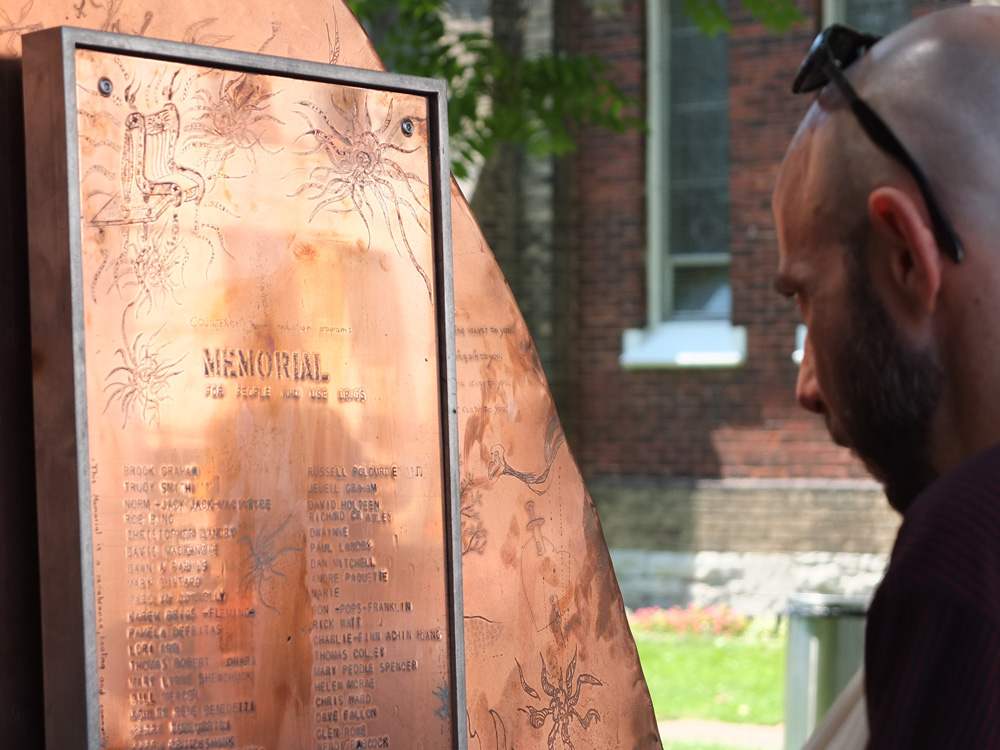It’s unusual to come across a movie where the director encourages you to download and seed their feature length film for free, as Bahman Ghobadi does with his film No One Knows About Persian Cats (2009). Ghobadi asks two things of his audience: 1) to watch the film on as big a screen as possible with nice speakers and 2) to support underground artists in Iran.
Shot guerilla-style without permission from Iranian authorities, Persian Cats is an enthralling combination of docudrama and genuine documentary. The film portrays the struggles of underground musicians in Tehran with actors who live the struggle in their daily lives. The male lead in the film was previously imprisoned 21 days for performing in a rock concert and the main band featured in the film has since moved to London, their intended destination in the film.
Although the film’s plot is driven by the desires of artists to leave the country, I appreciated the scene that features real-life Farsi rapper Hichkas, which acts as a counter-weight to the exodus. When asked to join, Hichkas states that he can’t leave because his music is about Iran and cannot be separated from it.
The full version of the film is viewable here (as well as on a number of torrent websites) and was recently released on DVD:
Updated link: https://www.youtube.com/watch?v=Uye2CCSSXJo
In Peter Watkins’ La Commune (2000), the actors are not playing themselves – they play people during the 1871 Paris Commune – but the director asks his cast of mostly non-professional actors to imagine what they would say and do.
An accompany documentary on Watkins and the filmmaking process, The Universal Clock: The Resistance of Peter Watkins (2001), shows how actors are affected personally, socially and politically by their participation in this historical reenactment.
One actor draws on his experience as an undocumented migrant as a source of inspiration for his speech before a firing squad, wanting to communicate “the horror they’re putting us through” and his preference to die fighting for freedom than to live dying quietly within.
“At some point, we will be facing a firing squad / I’d rather die by firing squad / in the exaltation of a revolt against injustice / than die the small death / that we experience daily as individuals in society: dying quietly within / Dying of despair, depression, a nagging anxiety in the gut.”
Another actor talks about his respect for an uncle who died in the resistance to the Nazi occupation of France. He says that if you respect someone like him who fought for his convictions, then you have a responsibility in the present to fight for justice, for your own convictions. The example of the Paris Commune presents a similar challenge to actors and the film’s audience.
“He was a Communist / He was 27 years old / He had no reason to fight other than his convictions / I respect him very much / If you love someone like him / you have to be worthy / To be worthy, you must fight / If I may claim to be inspired by that, I must / in our times / find my own way of fighting / as hard as he did for those he loved / For his idea of what it is to be human.”
Movies like La Commune and Persian Cats challenge the passive model of filmmaking and viewing. More than simple stereotypes and entertainment, these films represent the possibility of film as a conduit for social change.
Watch:


